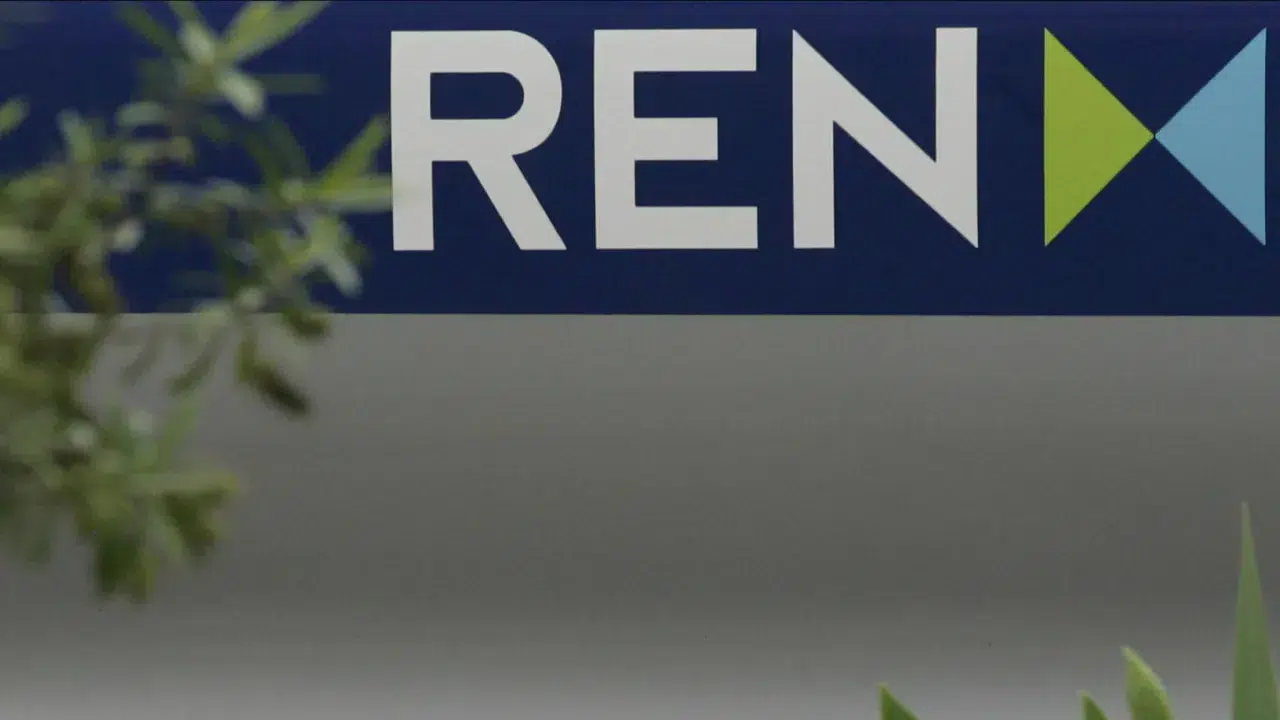
The tariffs imposed by the U.S. administration represent “a setback in terms of the evolution of the international economy” and are expected to have negative impacts in the “medium and long term” for Europe, stated João Vieira Lopes, following today’s Social Dialogue meeting, the last before the early legislative elections scheduled for May 18.
Donald Trump announced on Wednesday new U.S. tariffs of 20% on products imported from the European Union, in addition to the existing 25% tariffs on the automotive, steel, and aluminum sectors.
The tariffs “will naturally affect some sectors” in Portugal, considering “the U.S. is the fourth largest market for Portuguese exports,” he emphasized, further noting that they will impact other European countries to which “Portugal also exports significantly,” such as Germany, France, and Italy.
Asked by journalists about a potential risk of a global recession, the president of the CCP admitted that “it is difficult to predict” but believes that “there will be lower [economic] growth” that will not only affect “Europe and European countries,” but “very likely many of the poorer countries in the world” as well.
The Ministry of Economy is set to meet next week with 16 business associations from various sectors to assess “the impact and mitigation measures” of the tariffs announced by the U.S. President, the government announced today.
The new tariffs by Trump are an attempt to boost U.S. industry while penalizing countries for what he described as years of unfair trade practices.
The imposed tariffs were applied by the United States on all imports, with additional surcharges for countries deemed particularly hostile to trade.




